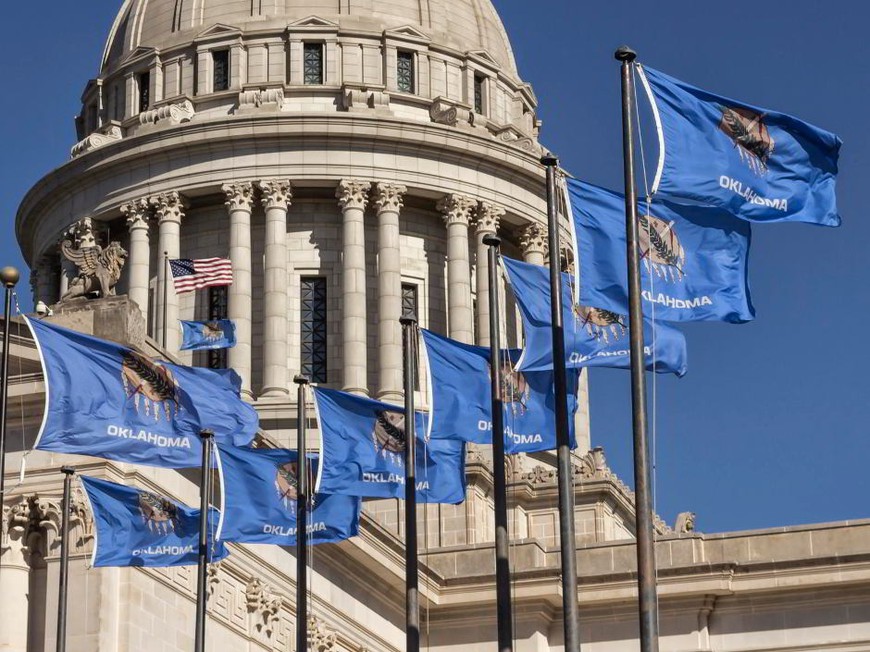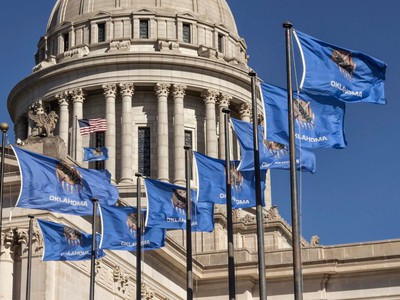

- The Cheyenne Arapaho Tribes of Oklahoma have filed a law suit against United States Department of the Interior after the Department disapproved the tribes plan to offer online gaming including poker to customers outside the US.
- The tribe operates the Lucky Star Casino in Concho and Clinton Oklahoma.
- The Department ruled that the state “cannot control, nor can it offer, exclusive access to a market of patrons located exclusively outside the United States and its territories.”
The Cheyenne Arapaho Tribes of Oklahoma have filed a lawsuit against United States Department of the Interior after the Department disapproved the tribe’s plan to offer online gaming including poker to customers outside the US.
The tribe is seeking “declaratory and injunctive relief” in the suit filed against Secretary Sally Jewell and Assistant Secretary of Indian Affairs Kevin Washburn acting in their official capacities after the Department disapproved an agreement between the Cheyenne Arapaho Tribes and the state of Oklahoma.
The tribe operates the Lucky Star Casino in Concho and Clinton Oklahoma.
In 2012 the tribe began offering free play gaming on pokertribes.com, and last year it entered into an agreement with the state of Oklahoma to allow it to offer online gaming to customers outside the US.
The Department of the Interior disapproved the agreement—not based on the issue of whether internet gaming as contemplated in the Agreement was lawful—but because it found that the state was not offering any “meaningful concessions” to the tribe in exchange for the agreed upon 20% revenue share.
The compact was amended in September 2013 to include a revenue share deal in which the state would receive: 4% of the first $10 million in annual net revenue from prescribed electronic games; 5% of the next $10 million; 6% of any subsequent amount; and a monthly 10% of net win deriving from “non-house-banked” card games, i.e. poker.
However, the Department disapproved the agreement once again, this time indicating that the state “cannot control, nor can it offer, exclusive access to a market of patrons located exclusively outside the United States and its territories,” declaring that the concession by the state was “illusory” and therefore amounted to an illegal tax on tribal gaming.
According to a study presented by the tribe as part of the suit, it stands to generate approximately $132 million in gross annual revenue by 2018 if it could capture 2% of the worldwide market.

